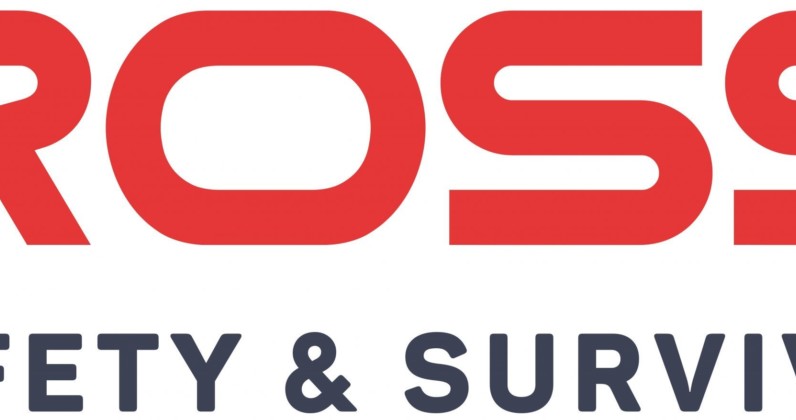
There’s a lot going on. Everywhere you turn, it’s depressing news. Businesses are struggling amidst an economic crisis, employees are struggling with the cost of living, energy bills are rising, and there are concerns about job security - it’s a bleak outlook going into the Christmas 2022 break.
Yet on top of all this, what are we supposed to be doing at this time of year? Annual appraisals!
This can feel like holding your employees hostage for an hour or so to give them a score out of 5 or 10 on their work performance over the past 12 months.
Employee performance is not Strictly Come Dancing. It’s not a one-off performance where employees give their best over a short period of time to be judged by the experts and allocated a score. Employee performance is much more than that, so why do we still insist on allocating scores in this way?
Employment is not a competition, yet unfortunately appraisal processes can turn the working environment exactly into that. Winners are allocated the highest scores in return for a larger % increase in pay or the kudos of being called a high performer, top talent or star. Meanwhile anyone short of the highest scores will be left demotivated and perhaps humiliated that despite doing their best, they fell short somewhere.
In addition, many line managers are proud of never giving a perfect score to their employees as they have firmly held on to the mantra that ‘there’s always room for improvement’. Employees in these teams are already marked down, even before the judging has begun.
This is what a Strictly style scoring system can achieve - feelings of unfairness, failure, humiliation and anger. Has anyone ever heard an employee say, “I can’t wait for my appraisal this year”? Not often - it can be quite an ordeal.
The annual appraisal process is as uncomfortable for line managers as it is for employees. It’s a thought to allocate employees scores knowing the different results will cause bad feeling in the team. Managers are encouraged to reward top performers, not everyone can be allocated the same score, but do they really know who their star performers are? Is there any unconscious bias or favouritism going on? Sometimes line managers are far removed from the employees’ workload and don’t know the full story of employees’ performance over the past 12 months; they are not in the best place to appraise them, never mind allocating a score. What makes line managers experts enough to be judging in this way?
Managers are also left to manage the hangover of the appraisal scoring conversations for the next few months, trying to keep motivation levels high and employees engaged. All the while employees are working out who got the highest scores, who gets the biggest bonus and why they didn’t deserve it, which causes rifts and resentment in a team.
Most employees turn up to work wanting to do a good job. Part of the psychological contract of employment is employees are rewarded by the company for doing a good job. It takes a very adept manager to separate their team into the different levels of performance scores, to justify their decision to their team whilst keeping them all happy. It’s not easy when a perfect 10 can be so out of reach.
However, there is a welcome alternative. A fresh, forward-thinking way to appraise employees’ performance where scoring paddle boards are cast aside is for managers to hold regular developmental conversations with employees over the year.
These are constructive two-way conversations where employees’ performance, challenges, successes, development needs and future ambitions are covered. Managers have conversations more regularly, for example every three months or so, with the time also being used to check in on mental health and wellbeing.
Employees will leave these conversations feeling motivated, informed, positive and focused.
Meanwhile, managers will leave these conversations feeling good about the impact they’ve had on their team members.
Employees will be more inclined to discuss together what’s happening in the business and be excited for the future, rather than be dragged down by the polarising effects of a scoring system.
It’s a win-win for any business.
Other insights
6 Dec 2024
Press Release - Leadership development with Align People HR
As many businesses prepare for 2025 and beyond, leadership development…
Read More25 Nov 2024
Client Testimonial - Ross Safety and Survival
Testimonial from Ross Safety and Survival “We’ve had the pleasure…
Read More21 Oct 2024
Press Release - Align People HR welcomes new HR assistant
Westhill-based HR consultancy Align People HR has appointed Elisha Clarke…
Read More26 Jul 2024
Press Release - Training programme helps new bosses become leaders
Promoting loyal staff to managerial positions often seems like a…
Read More





